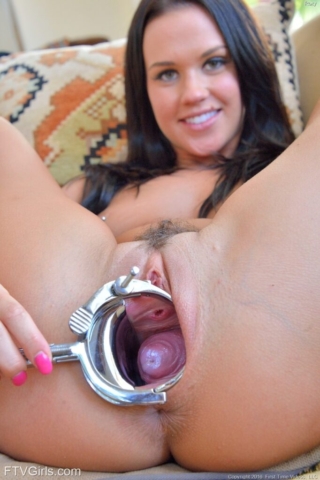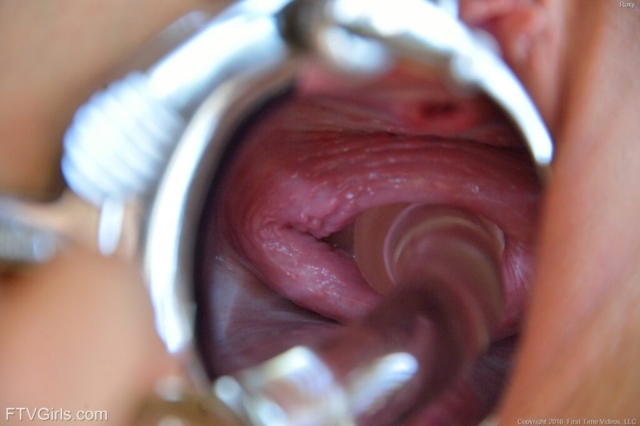Stress and mental health are crucial factors influencing female sexual desire. Both acute and chronic stress, as well as various mental health conditions, can significantly affect sexual interest, arousal, and satisfaction. Understanding these impacts and learning how to manage them is essential for maintaining a healthy and fulfilling sexual life. This article explores how stress and mental health issues affect female sexual desire and provides strategies for addressing these challenges.
1. How Stress Affects Sexual Desire
a. Acute Stress Acute stress, such as that caused by a stressful event or situation, can temporarily decrease sexual desire. When the body is under stress, it produces stress hormones like cortisol, which can interfere with the body’s sexual response. This can lead to reduced libido, difficulty becoming aroused, and a decreased interest in sexual activity.
b. Chronic Stress Chronic stress, resulting from ongoing life challenges such as work pressures, financial concerns, or relationship difficulties, can have a more profound impact on sexual desire. Persistent stress can lead to long-term hormonal imbalances, fatigue, and a diminished sense of well-being, all of which can negatively affect sexual interest and satisfaction.
c. Physical Symptoms of Stress Stress can also manifest physically, with symptoms such as headaches, muscle tension, and digestive issues. These physical symptoms can further diminish sexual desire by creating discomfort and distraction, making it harder for women to focus on sexual experiences.
2. Mental Health Conditions and Sexual Desire
a. Depression Depression is a common mental health condition that can significantly impact sexual desire. Symptoms of depression, including low mood, fatigue, and a lack of interest in activities, can extend to sexual activities. Women with depression may experience reduced libido, decreased arousal, and difficulty achieving orgasm.
b. Anxiety Disorders Anxiety disorders, including generalized anxiety disorder (GAD) and social anxiety disorder, can affect sexual desire and performance. Anxiety can create persistent worry and fear, which can interfere with relaxation and enjoyment during sexual activity. Performance anxiety, in particular, can lead to difficulties with arousal and sexual satisfaction.
c. Trauma and PTSD Trauma and post-traumatic stress disorder (PTSD) can have a profound impact on sexual desire and experiences. Trauma can lead to negative associations with sex, decreased libido, and difficulties with intimacy. Women with PTSD may also experience flashbacks or heightened anxiety during sexual activity, which can affect their sexual well-being.
d. Body Image Issues Negative body image can affect sexual desire and confidence. Women who struggle with body image issues may feel self-conscious or uncomfortable during intimate moments, which can lead to reduced sexual interest and satisfaction. Addressing body image concerns and fostering self-acceptance can help improve sexual desire.
3. Strategies for Managing Stress and Improving Mental Health
a. Stress Management Techniques Implementing stress management techniques can help mitigate the impact of stress on sexual desire. Strategies include:
- Relaxation Techniques: Practices such as deep breathing, meditation, and progressive muscle relaxation can help reduce stress and promote relaxation.
- Exercise: Regular physical activity can reduce stress levels, improve mood, and enhance overall well-being.
- Time Management: Effective time management and prioritization can help alleviate stress from daily responsibilities.
b. Seeking Professional Help If stress or mental health issues are significantly affecting sexual desire, seeking help from a mental health professional can be beneficial. Therapy, counseling, or medication may be recommended to address underlying conditions and improve mental health.
c. Open Communication with Partners Discussing stress and mental health concerns with a partner can foster understanding and support. Open communication about how stress and mental health issues are affecting sexual desire can lead to more empathetic and supportive interactions, which can enhance sexual satisfaction.
d. Self-Care Practices Engaging in self-care practices is important for managing stress and maintaining mental health. This includes activities that promote relaxation and well-being, such as hobbies, socializing with friends, and practicing mindfulness.
e. Addressing Body Image Issues Improving body image and self-esteem can enhance sexual desire. Techniques for fostering a positive body image include:
- Self-Acceptance: Embracing one’s body and focusing on positive attributes can boost confidence and improve sexual experiences.
- Body Positivity: Engaging in activities that promote body positivity and self-love can help reduce self-consciousness during intimate moments.
4. Conclusion
Stress and mental health significantly impact female sexual desire and satisfaction. Understanding how these factors affect sexual well-being and implementing strategies to manage stress and address mental health issues are crucial for maintaining a healthy and fulfilling sexual life. By practicing stress management techniques, seeking professional help, communicating openly with partners, and focusing on self-care and body positivity, women can improve their sexual health and overall quality of life.













